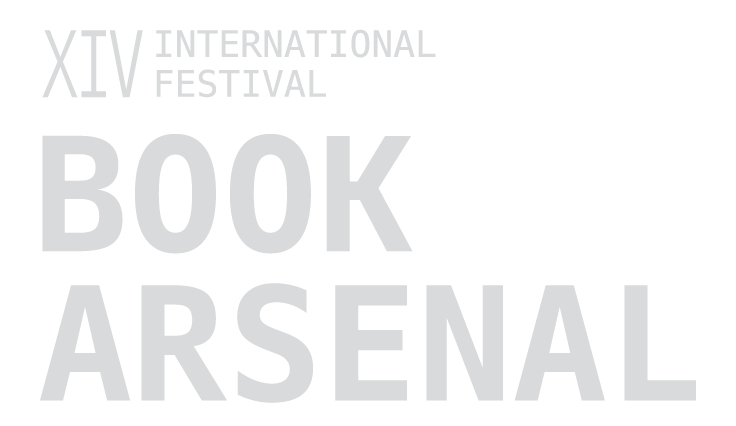Words of the year
World dictionaries are constantly competing in the summing up speed through the prism of “words of the year”.
According to Merriam-Webster, the Word of the Year is “feminism”, being the most frequently asked. Such a choice is closely linked to mass culture (let’s recall the new heroine of Star Wars, the signature of Catherine Deneuve under the “letter of 100 French Women” or “Weinstein-hate” in Hollywood), political events (at least Clinton vs. Trump), protest movements (Black Protest in Poland, Women’s March in the United States, attacks on women’s marches in Ukraine, March 8, 2018), charitable initiatives (Time’s Up Foundation, the global movement HeforShe, which Ukraine joined in 2018), and many others.
In turn, Oxford Dictionary compilers say that the word of the year is “youthquake”, defined as ‘a significant cultural, political, or social change arising from the actions or influence of young people’. This is a conversation not only about the special ethics, not only about the new generation, but also about the prospect — about the future.
“Accomplice”, the word of the year according to Dictionary.com, says a lot about what is forthcoming. On the dictionary’s website, the article explaining the choice reminds us of “inaction as a type of action”. Hence, it is a warning of the danger of indifference and passivity. But there is also a recipe for success — a joint action and self-organization. This means to be associate actors, but not spectating accomplices.
That is why the program Words of the Year is at the junction of topics. We are talking about the future, equality of rights of women and men, joint action, solidarity, sisterhood, and brotherhood. It is quite logical that the program combines the discussion on feminism of tomorrow, today and 100 years ago, on continuity between generations, the presentation of a children’s book about prominent Ukrainian women and a public talk about being a responsible father, an emphasis on the actions of women leaders and men with pro-feministic views, conversations about the concept of “courage” as a cultural construct and reflection about whether we will behave as children of 2018.

